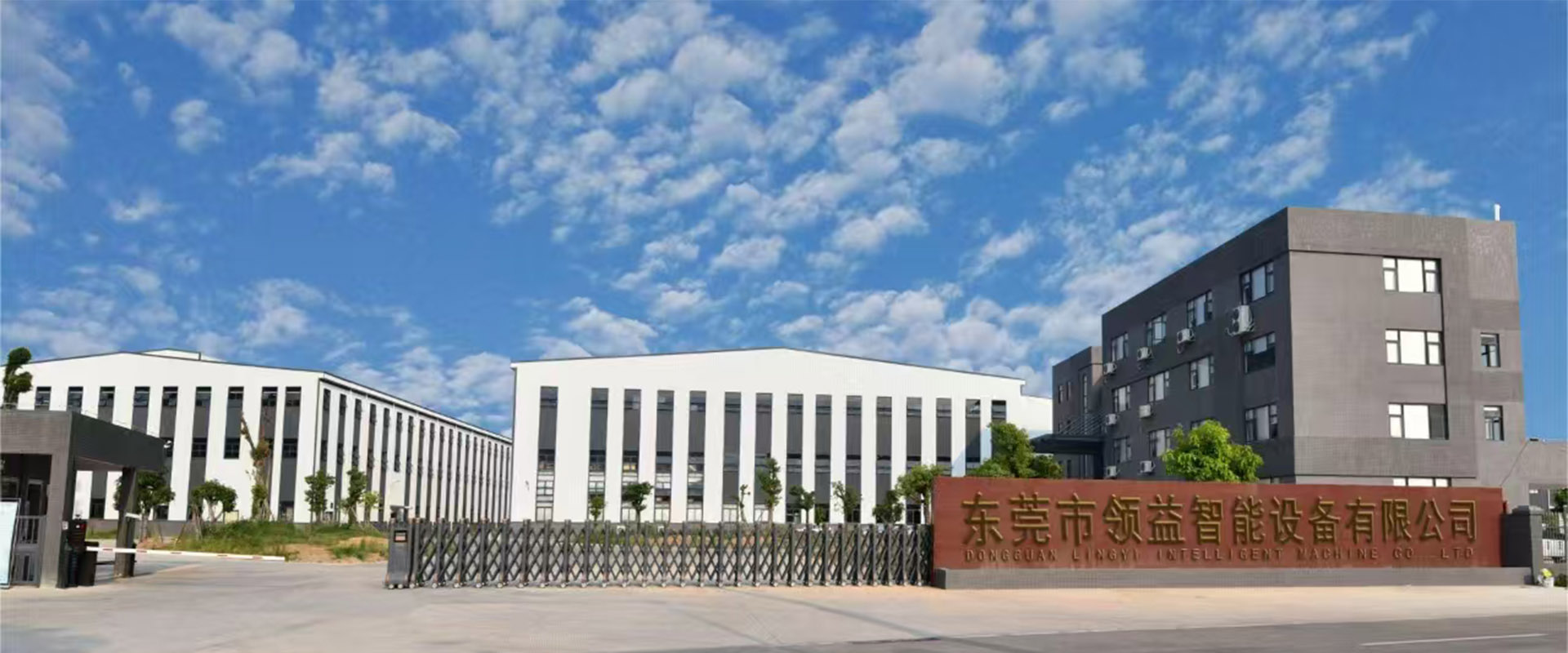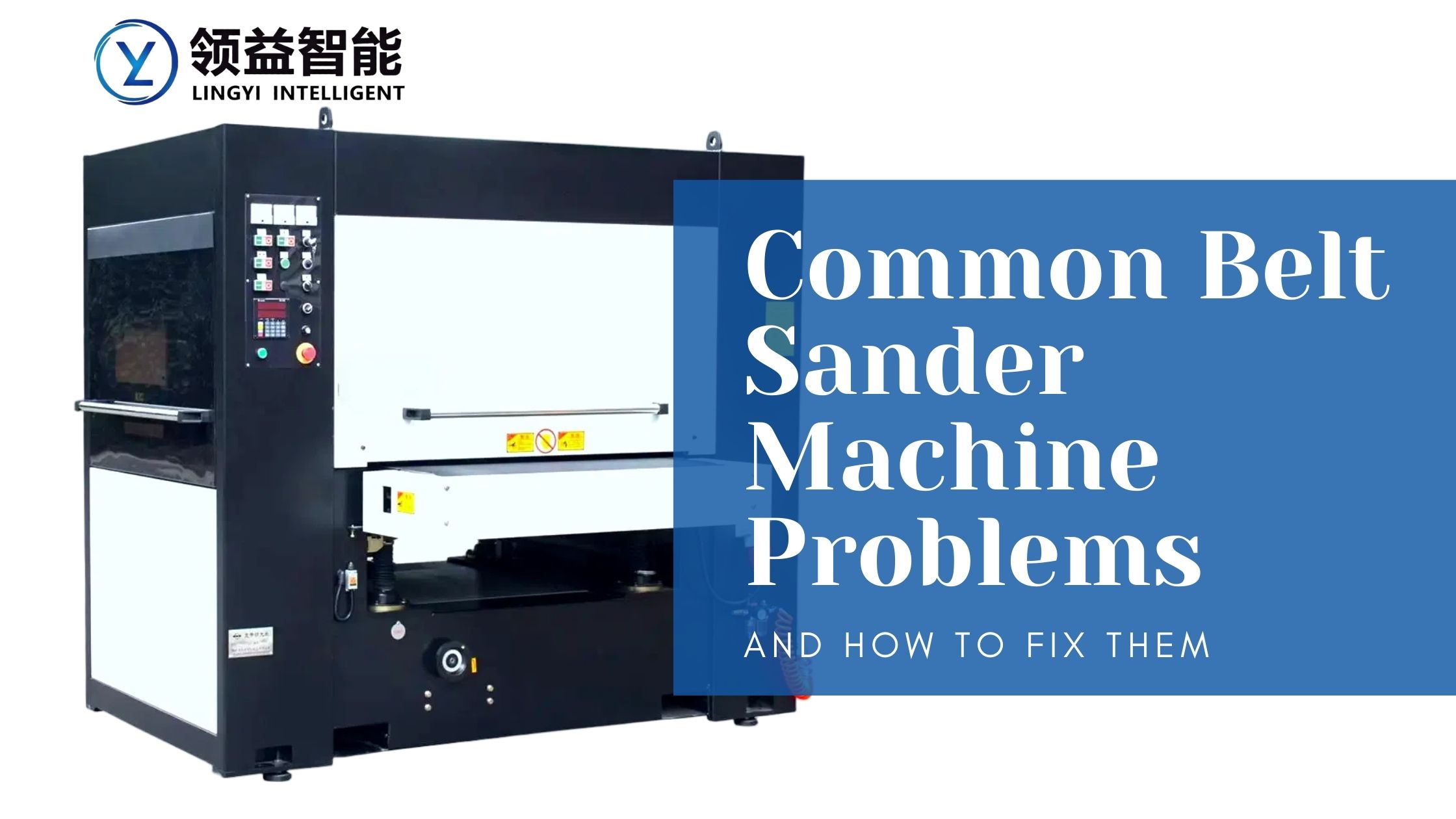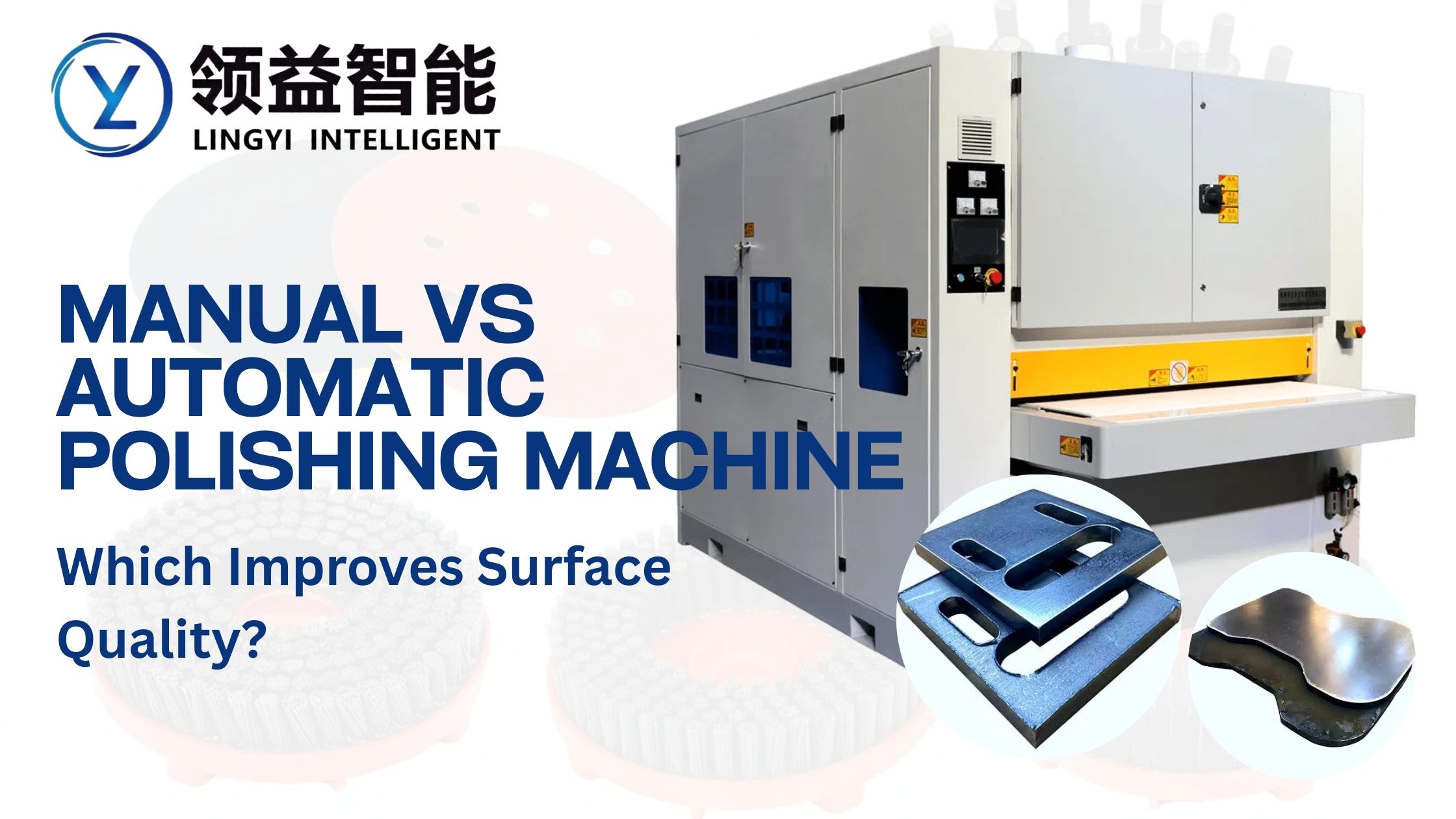
Precision leveling machines are critical equipment used to correct shape defects (such as warping, edge waves, center buckles, and twisting) in metal strips and sheets, ensuring high flatness and dimensional accuracy. Their applications span numerous industries where material quality and processing precision are paramount. Key application industries include:
Automotive Industry:
- Used for leveling high-strength steel, aluminum alloys, and other sheet metals used in car bodies, chassis, and structural components.
- Ensures flatness for subsequent stamping, welding, and painting processes, improving product quality and assembly precision.
Home Appliance Manufacturing:
- Applied in the production of refrigerators, washing machines, air conditioners, and ovens, where smooth and flat metal surfaces are required for both aesthetics and functionality.
- Helps achieve consistent surface quality for coated or painted panels.
Electronics and Electrical Equipment:
- Critical for leveling thin steel sheets, copper foils, and aluminum strips used in transformers, motors, and electronic enclosures.
- Ensures dimensional stability and flatness for precision components like laminations and circuit board substrates.
Construction and Building Materials:
- Used in the processing of roofing, wall panels, and structural steel, where leveling affects installation and appearance.
- Enhances the quality of pre-painted steel coils and sandwich panels.
Aerospace and Aviation:
- Applied to high-performance aluminum and titanium alloys requiring extremely tight leveling tolerances.
- Supports the production of aircraft skins, fuselage components, and engine parts.
Metal Service Centers and Processing Hubs:
- Widely used for slitting, cutting-to-length, and leveling incoming coils to meet customer specifications.
- Enables value-added processing and improves yield and surface quality.
Renewable Energy Sector:
- Used in solar panel frame manufacturing and wind turbine component production, where flatness impacts structural integrity and performance.
Packaging Industry:
- Applied in the production of metal containers, cans, and foil packaging materials requiring uniform thickness and flatness.
Precision Machinery and Equipment Manufacturing:
- Supports the fabrication of machine parts, guides, and precision components that demand high surface accuracy.
Frequently Asked Questions
Q1. What is a precision leveling machine and how does it work?
A precision leveling machine is used to correct shape defects like warping, edge waves, and buckling in metal sheets or strips. It applies controlled pressure through leveling rollers to ensure high flatness and dimensional accuracy.
Q2. Which industries commonly use precision leveling machines?
Industries like automotive, home appliances, electronics, aerospace, construction, packaging, renewable energy, and metal service centers rely on precision leveling machines to achieve consistent material flatness and improve processing quality.
Q3. Why is flatness important in metal processing?
Flatness directly affects downstream processes such as stamping, welding, coating, or cutting. Insufficient flatness can cause defects, reduce product quality, increase material waste, and raise production costs.
Q4. Can precision leveling machines handle different materials like steel, aluminum, or copper?
Yes. Modern precision leveling machines are designed to work with a wide range of materials, including high-strength steels, aluminum alloys, titanium, and copper foils, depending on industry requirements.
Q5. What is the difference between a standard and a customized leveling machine?
A standard leveling machine is built for general applications, while a Customized Leveling Machine is tailored to specific material types, thickness ranges, or precision requirements of an industry, ensuring better efficiency and accuracy.



